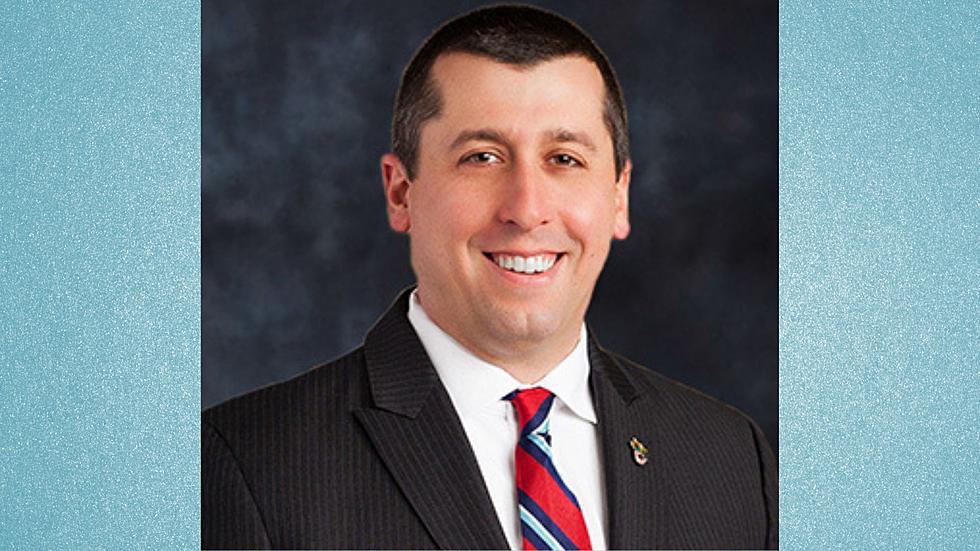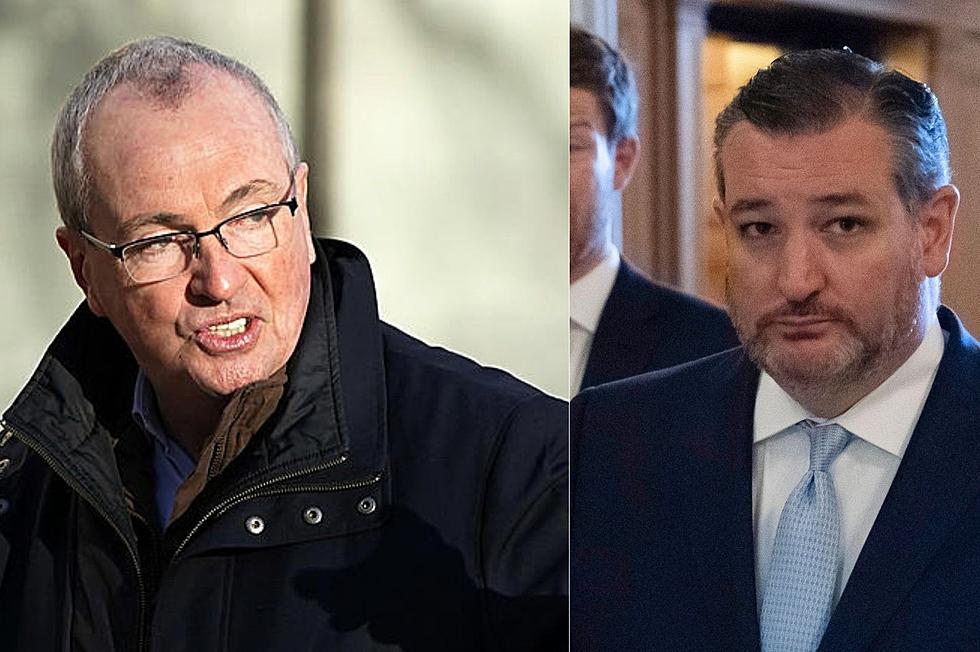
Iconoclastic presidential hopefuls worry Dems, GOP in House
Donald Trump, Ted Cruz and Bernie Sanders are energizing grassroots voters as the first balloting of the 2016 presidential race draws near.
Yet the three maverick contenders are also alarming political operatives over the damage each could wreak on their own parties' House candidates this November.
The worry is that each man's take-no-prisoners appeals would alienate moderate voters in the two to three dozen competitive House races expected in seats from Florida to California, often in the suburbs.
While it seems unlikely Republicans will lose House control, some in the GOP envision a serious dent in their current majority should Trump or Cruz be nominated, while Democrats worry that a Sanders candidacy would deflate their chances for sizable gains.
"Being able to talk passionately about democratic socialism may be a virtue," said Rep. Steve Israel, D-N.Y., who formerly led House Democrats' campaign organization and is backing Hillary Clinton for his party's presidential nomination. "I'm not sure that resonates to swing voters in the suburbs and exurbs, and those are the districts we have to win to take back the House."
An independent senator from Vermont, Sanders has dubbed his political philosophy democratic socialism and is surging among liberal and young voters with calls for universal health care and a broadside against income equality.
Cruz, a Texas Republican senator and unyielding conservative, is popular among evangelicals and tea party backers while Trump's blunt assaults on all things establishment are resonating with working-class white voters, landing both amid the leaders of the GOP pack.
All three have found support among Americans disaffected with Washington and the economy.
But while political professionals from both parties consider Trump's ultimate performance with voters unpredictable, they think the trio's appeal to key moderate voting blocs like suburban women could be weak.
That would be bad news for House Republicans from swing districts if Trump or Cruz is nominated and for Democrats from such seats if Sanders is selected.
"His ideas are so far to the right, it makes it difficult for a swing district message to be coupled with that," Tom Reynolds, a former House Republican from upstate New York who headed House GOP political operations, said of Cruz.
Reynolds' advice to House candidates from such areas if Cruz or Trump wins the Republican nomination: "Define what you're about so they identify you for what you are, even with all the atmospherics of what's above you."
Seemingly agreeing that House Republicans need to define an agenda, Speaker Paul Ryan, R-Wis., has said his chamber will map its own conservative priorities by the party's July nominating convention.
Republicans control the House 247-188, including one vacant Ohio seat the GOP is certain to win, their biggest majority since 1930.
That gives Democrats a good chance to recapture seats with the additional turnout of minority and younger voters expected in this presidential election year -- an outcome they believe Trump or Cruz would enhance.
"Donald Trump and Ted Cruz have both shifted the conversation to the extreme right," improving Democrats' pick-up opportunities, said Rep. Ben Ray Lujan, D-N.M., who heads his party's House campaign committee.
Roughly two-thirds of the contested districts are held by Republicans, including seats in the Chicago and Denver suburbs, South Florida, upstate New York and Texas.
Democrats face tough fights to defend districts in Arizona; Omaha, Nebraska; New York's Long Island; Sacramento, California and Florida.
House Democrats' nervousness about Sanders seems tempered by doubts that he will best Clinton for the nomination, despite his recent surge in polls.
Even so, they concede they'd have to emphasize their differences with Sanders should he become their party's pick to succeed President Barack Obama.
They're especially wary of his socialist label and his plan to broadly increase taxes to finance his proposal to broaden health coverage.
"We're not Obama clones, we vote against him on a regular basis, and we're certainly not socialists," said Rep. Kurt Schrader, D-Ore., a leader of the 15-member Blue Dog Coalition of moderate House Democrats.
With Trump and Cruz atop many GOP presidential surveys, concerns are more widespread among Republicans.
Though they say each party's ever-improving use of computer-drawn congressional districts locks in most House seats and provides a firewall against a catastrophic loss, many concede that both men would pose dangers at the top of the ticket.
That's especially true for Cruz, who helped steer the GOP into a losing 2013 government shutdown battle against Obama.
That fight remains politically poisonous with moderate voters and House Republican freshmen who won 2014 elections in swing districts, in part, by opposing such tactics.
"He's taken some votes on the extreme side, and that makes them a little bit concerned," said Sarah Chamberlain, president of the Republican Main Street Partnership, which represents 72 congressional Republican pragmatists.
Many Republicans view Trump's comments on Mexicans, Muslims and women as incendiary and potentially damaging in House swing districts.
But they say it's unclear whether that would be outweighed by the real estate billionaire's celebrity and the attraction his brusque approach has had for disgruntled lower-earning voters.
"He's said some very provocative statements, and obviously the campaigns are going to have to work through those," said David Winston, a top consultant to House Republicans.
(© 2016 The Associated Press. All rights reserved. This material may not be published, broadcast, rewritten or redistributed)
More From New Jersey 101.5 FM









